
A Possible Matter of Concern
Firstly, wheezing presentsan emission of a hissing or whistling sound produced while a personis exhaling. If this phenomenon appears in infants, bearing in mindthat it is quite a common state of affairs at this age, it may be asymptom of something more serious. For, example, an underlyingrespiratory disease may be behind wheezing. Nevertheless, it does nothave to go that far, taking into consideration that the cause may besomething far less dangerous as well. Therefore, it is best to seekmedical opinion the moment you notice wheezing in your child, so asto rule out any possible illnesses and start the adequate treatment.
Reasons Behind Wheezing in Infants
As mentioned above, this phenomenonoften involves the fact that something is wrong with the child'slungs. Possible infection or inflammation of that area may easilylead to obstructions in the respiratory airways, thus triggering thewheezing sound in infants. Asthma, viral and bacterial infections, aswell as many other more or less serious conditions all belong to thelist of possible causes.
As mentioned above, asthma is the usualsuspect, once the child has wheezing or other respiratory problemssuch as breathing difficulties or chronic coughing. This diseasecauses certain parts of our lungs to swell, causing air pathways toget thinner and making it harder for the child to breathe. Physicalactivity or exposure to certain particles like dust, may only makethings worse.
In a similar way, a virus may reach theinfant's lungs, triggering an infection. In such cases, the infant isbound to produce plenty of mucus, cough and have a runny nose.Alternatively, taking into consideration the curious nature ofinfants, a foreign object may have been swallowed and thus ended upin some part of the respiratory system. This too may cause wheezingsounds to be heard. Pneumonia, heart failure, certain allergies andvocal cord diseases all present some of the worst case scenarios.
Possible Treatment
Before any further steps are taken, theinfant needs to be examined by a doctor. Since, there are so manydifferent diseases and conditions capable of causing wheezing ininfants, the tests need to be thorough in order to rule most of themout. X-ray scans, allergy tests, blood tests and many other methodsare used for these purposes.
After finding the reason behindwheezing, proper treatment is prescribed, often involvingmedications, vitamin and mineral supplements, and means of preventionby removing any allergens from being close to the infant allergic tothem.



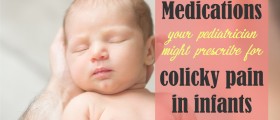




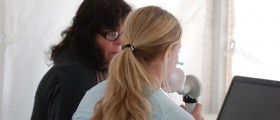

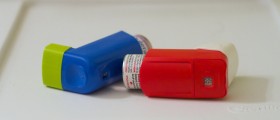
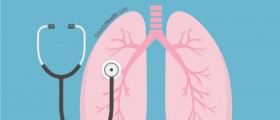
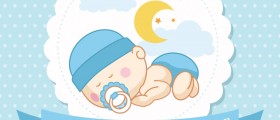
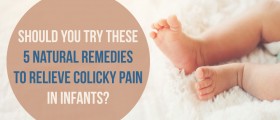
-In-Infants-And-Older-Children_f_280x120.jpg)

Your thoughts on this
Loading...